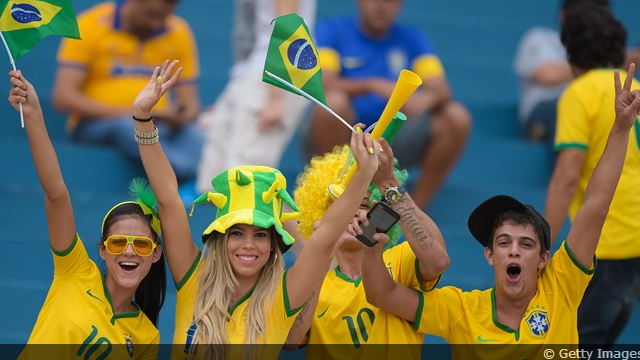America Movil, Telefonica, Telecom Italia (TIM) and a number of local firms spent $1.27 billion on the first day of of the 5G spectrum auction in Brazil.

The auction, the largest ever in Latin America’s top economy, will require some 40 billion reais ($7.14 billion) of investments by the winners, Reuters reported.
Claro, owned by Mexican billionaire Carlos Slim’s America Movil, was the biggest spender, paying 1.63 billion reais for several batches, including the B1 batch of 3.5 GHz spectrum, for which it paid 338 million reais, and the 2.3 GHz E3 batch, which it won with a bid of 750 million reais.
Spain’s Telefonica, which runs Brazil’s largest wireless carrier under the Vivo brand, spent roughly 967 million reais, winning the B2 batch of 3.5 GHz spectrum with a 420 million reais bid, among several other batches.
TIM, a unit of Telecom Italia, scooped up the B3 batch of 3.5 GHz for 351 million reais, along with several other batches, which brought its total payout so far to roughly 976 million reais.
Winity II, owned by Brazilian asset manager Patria Investimentos, won a batch in the 700 MHz bandwidth with a 1.4 billion reais bid.
Brazilian internet service provider Brisanet Participacoes SA, which went public in July, won the C4 batch in the 3.5 GHz regional coverage band with a bid of 1.25 billion reais, making it the second biggest spender on Thursday.
The 5G spectrum auction in Brazil was delayed by differences over the involvement of China’s Huawei as a supplier of 5G telecom equipment, which the United States had pressed Brazil’s government to ban on security grounds.
Brazil is seeking to sell four bands: 700 MHz, 2.3 GHz, 3.5 GHz and 26 GHz.
The telecom infrastructure sector expects Brazil’s 5G network to generate new business opportunities worth over $1 trillion over 15 years and create 1.5 million jobs in four years, said Vivien Suruagy, head of a federation of 137,000 companies.
Brazil’s main wireless firms use Huawei for more than half of their networks and argued that banning Huawei would add billions of dollars in additional costs that would be passed on to consumers.
Instead, the government decided to build a separate network for itself and all federal agencies, from which Huawei will effectively be excluded. The government stipulated that bidders must comply with the governance rules of publicly listed companies, which Huawei does not.
Brazilian telecom regulator Anatel expects to resume the auction on Friday, when it should offer the 26 GHz bands.





